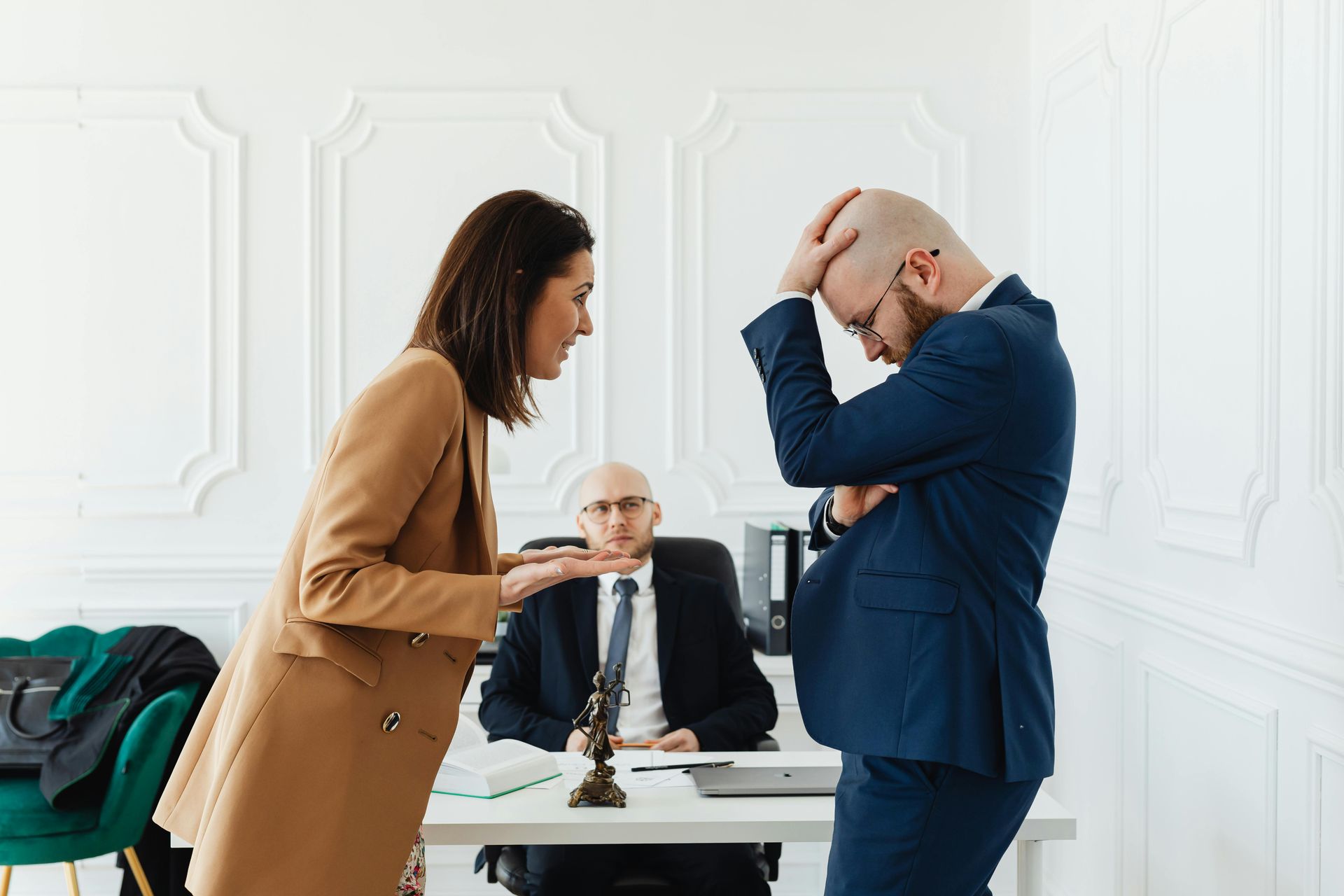Tips For Divorcing Parents In Dallas, Texas
For children, divorce can be a stressful and confusing time. Your patience, reassurance, and listening ear can minimize tension as your children learn to cope with the unfamiliar circumstances.
KNOW HOW TO NAVIGATE YOUR DIVORCE AS A PARENT
Tips For Divorcing Parents
- Don’t criticize the other parent in front of your children. A child’s self-esteem can be harmed if they see themselves as a reflection of both parents and then hear one parent talking about the other in a negative way. This may make them feel as though you feel the same way about them.
- Your child should never be a messenger between you and the other parent. It’s crucial for children not to feel like they are a part of the battle between the parents. The less you involve them in matters regarding the separation, the better.
- Reassure your child that the divorce is not their fault. Most children assume that the divorce is somehow their fault. As a parent, you should ensure that they understand they are in no way at fault for the separation.
- Encourage visitation with the other parent. It’s your responsibility to accommodate the child’s needs and the time needed with the other parent. As long as it is safe to do so, it would be best if you did everything in your power to see that the child has consistent visitation with the other parent.
- During the divorce, it’s critical to remind yourself that the child’s interest is paramount, not yours. Let the love of your child shine through your actions during this process. The process is hard for all involved but is much harder on the children.
- Resist the temptation of allowing your child to act as your caretaker. It’s important to remember that your friends and family should be the ones to console you during this trying time rather than your child. Let children be children.
- Get counseling right away if you are struggling with drug or alcohol addiction. An impairment inhibits your ability to parent. Your child needs reassurance and attention during this confusing time.
- Pay your child support if you are a non-custodial parent. Children facing the loss of income after a divorce puts them at a financial disadvantage that may affect the rest of their life.
- As the custodial parent, if you are not receiving due child support, do not tell your child. A child involved in a parent’s divorce will further erode their stability and feed into the narrative that they have been abandoned. Adult matters should not be discussed with children.
- Avoid uprooting the child if at all possible. Children do best when their lives are stable. If a child is moved from their residence and/or school life, it could add to the trauma from the divorce.
Ultimately, it is your duty to remember that no matter what you are feeling, the most important thing is for your child to be in a place where they can continue to grow, feel safe, and have the benefit of both parents in their life.
Need any help?
CLIENT MATTERS
5,000+
YEARS OF SERVICE
25+
Award Winning
Recognized in the legal industry as dedicated board-certified lawyers and Rising Stars.
Expert Team
Your project will be handled by legal experts every time. You will have the most experienced attorneys working for you.











